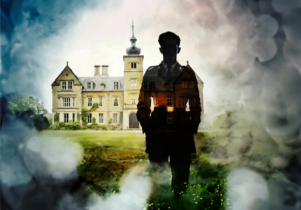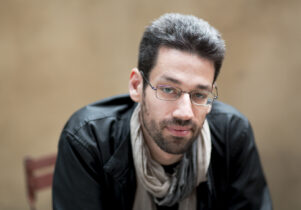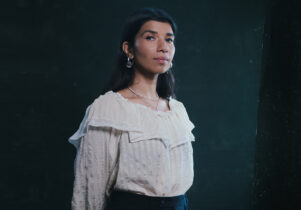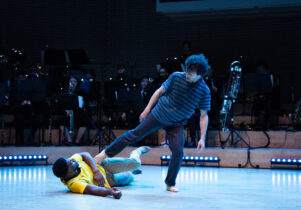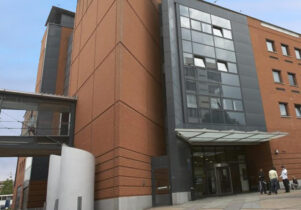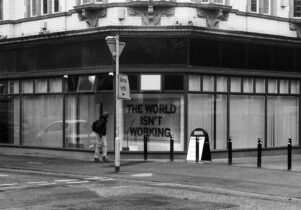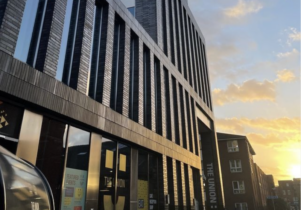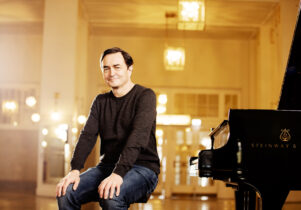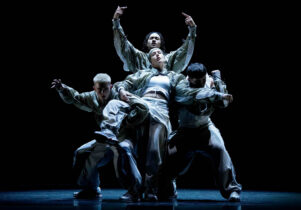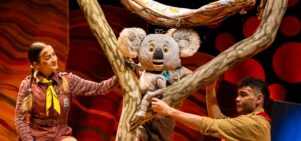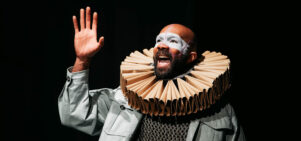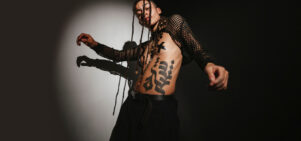Richard Dawson at RNCM
Fergal Kinney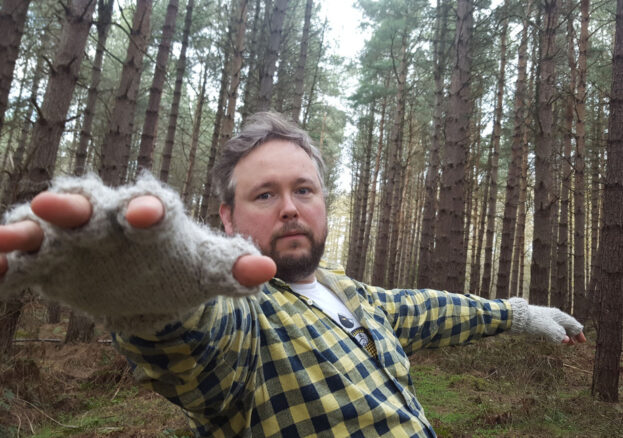
The North-East singer-songwriter Richard Dawson became the least likely critical success story of 2017 with Peasant. 2014’s Nothing Important, which used apocalyptic and religious imagery to describe very contemporary kitchen-sink concerns, had marked him out as a distinctive voice, but the sonic volte-face that he performed on Peasant established Dawson as one of the premier songwriters in British music. Why was that album’s critical success so unlikely? It was a dense kaleidoscope of 6th century character studies – ‘Beggar’, ‘Weaver’, ‘Prostitute’ and so on – centred in the kingdom of Bryneich, known today as Dawson’s native North-East.
What Dawson has done on his new record, 2020, is yet another creative handbrake turn. 2020 sees Dawson utilising pop at its most base iteration – big major chords, soaring vocal lines, even a bit that sounds like ‘Eye of the Tiger’. Dawson’s reedy, Robert Wyatt falsetto is still ever-present, and there’s still spidery Beefheart guitars, but the shift on 2020 is as big as any of the transformations in Dawson’s increasingly essential back catalogue. The record paints a vivid picture of modern Britain – a state of the nation address about a country increasingly ill at ease with itself.
As on Peasant, Dawson adopts characters to illustrate a dense picture of a time and of a place – but here, the characters are civil servants, disgruntled warehouse workers, pub landlords brought to ruin by floods. Lead single ‘Jogging’ may even be Dawson’s masterpiece, in which exercise and routine gives the narrator a roadmap out of anxiety and days spent “scouring eBay, or looking on Zoopla at houses where I’ll never live”. The country may be in disarray, but we’re lucky to have Dawson on hand to document it.
